Lack of awareness about autism is the major impediment in the field of ‘autism disorder,’ tells Dr. Naveen Nagarajan, a Neuroscientist and Geneticist, University of Utah, USA, who was in Mysuru recently to deliver an awareness session on ASD (Autism Spectrum Disorder). An alumnus of Yuvaraja College, University of Mysore, Dr. Naveen has been a FRAXA Fellow at the Picower Institute of Learning and Memory, Massachusetts Institute of Technology (MIT), Boston.
Dr. Naveen, son of S. Nagarajan and M.S. Pushpavalli, retired Head Mistress of Royal English School, is the elder brother of Dr. Shubha Nagaraj, who serves as the Head of the Department of Applied Mathematics at NIE, Mysuru.
Sujata Rajpal met with this son of Mysuru for Star of Mysore to know about ASD. Excerpts.—Ed
By Sujata Rajpal
Star of Mysore (SOM): To what extent Autism is curable?
Dr. Naveen Nagarajan: Autism is not a disease which can be cured overnight with medicines and treatment. It’s a neuro-developmental disorder which manifests in repetitive behaviours, chronic anxiety, communication impairment and lack of social skills.
Early diagnosis plays a key role in mitigating symptoms and helps development outcomes. Unfortunately, most families tend to ignore any unnaturalistic behaviour in their child; so by the time autism is diagnosed, it is quite late and very little can be done. Most of the brain development happens in the early years of life; so if intervention therapies can be carried out right away, the child can become fairly independent and ‘near normal behaviour’ over a period of time.
SOM: There is a lot of misinformation about autism. Scientifically which factors lead to the birth of children with autism?
Dr. Naveen: Genetic, non-genetic and environmental influences lead to the birth of children with autism. Various factors result in autism such as high level of psychological and mental stress in pregnant women, maternal immune infection, environmental pollutants, genetic mutation, and genetic disorders associated with inbred cousin marriage.
A study published in ‘The American Journal of Psychiatry’ found that children born to first cousins were twice as likely to develop autism as children born to unrelated parents. Prenatal exposure to high level of air-borne pollutants may be one of the causal factors that lead to genetic mutation of cells leading to autism. High level of pollution, contaminated environment, adverse personal circumstances, heredity factors are not in our hands but some are definitely in the family’s control.
SOM: How does awareness help in autism?
Dr. Naveen: Awareness about autism can help tremendously in improving the autistic scenario in India. There are scientific factors which result in autism; it has nothing to do with karma of past life as believed by many. It is extremely important to educate girls to take care of their personal, physical and mental health because they would be the future mothers.
SOM: Please tell about your personal journey in the field of autism.
Dr. Naveen: I am married to Harsha Naveen, a State Government employee at the Department of Juvenile Justice, Salt Lake City, Utah. I have two sons. My elder son who is now 12 years is a high functional autistic. Because his autism was diagnosed by the age of 2, we could start various behavioural therapies for him at a very early age. Being a scientist, I treated him from scientific and human standpoint.
As a result, today he can talk, goes to the school for normal children and is fairly independent. He is gifted in classical music and Vedic mantras. Over time with persistent training, he became a voracious reader. In parallel, so many children with similar conditions that did not receive therapies due to parental negligence and/or awareness do not utter a single word. Most development of the brain happens in the formative years so the earlier we diagnose, the sooner the therapy can be initiated.
SOM: What are your recommendations to bring comfort and positivity to the families of people with autism?
Dr. Naveen: A lot needs to be done for this small but significant size of the population affected by autism. The first and foremost is Genome sequencing which is done for the new-born child to detect any abnormality in the genes. This would alert a lot of parents that they have to take strong steps. In western countries, it is a part of the health system. After the birth of the child, like other tests, Genome sequencing too is done. In India, we need centres for Genome sequencing either in the hospital itself or separately.
Like other children, children with autism too have hidden potentials. I would want to start a school for autistic children where we work on discovering their capabilities to make them the best in their chosen field. If a child is good in music, we would give him the best training in music which would enable him to reach the pinnacle in music.
Along with this, we would teach the children the basic life skills. As of now, this is just a vision but I hope to make it a reality one day. I am very impressed with the work Asha Kirana Hospital, Mysuru, is doing towards HIV. I hope to work with them on autistic children.
Myths and Truths about autism
Myth: If one child is autistic, then the likelihood of second child also being autistic is high.
Truth: Even if autism is hereditary, the second child most likely would be a normal child.
Myth: All autistic children have hidden savant skills.
Truth: Just like other children, every child with autism doesn’t have a savant skill.
Myth: People with autism don’t feel emotions.
Truth: They have the emotions but lack skills to express.
Putta Hejje
Centre for children with autism at Asha Kirana Hospital was started to provide free assessment and therapies to children with special needs. The centre focusses on helping therapists, teachers and families to understand the condition and how to move forward for optimum progress.



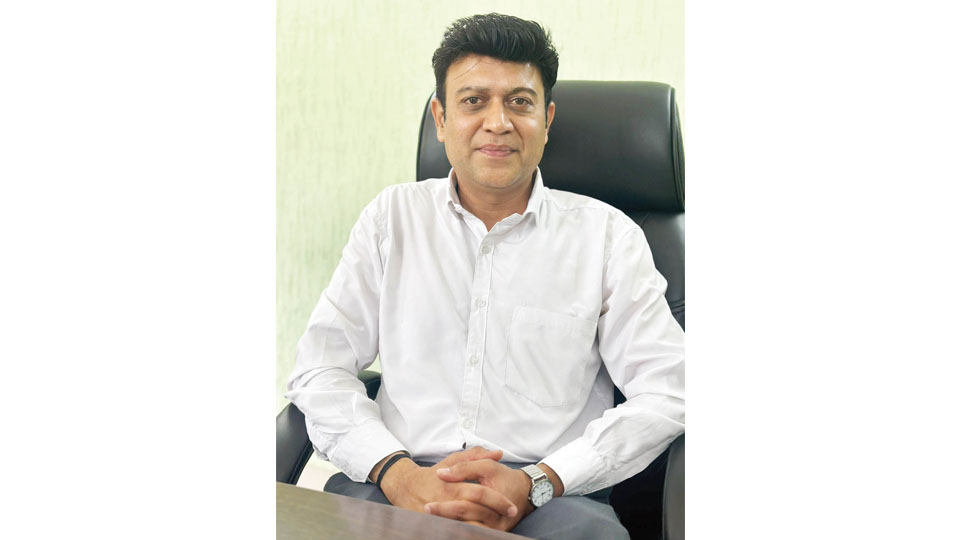
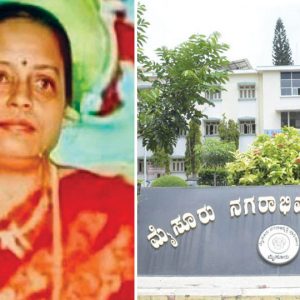
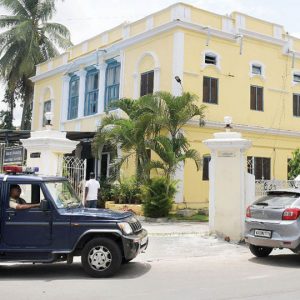
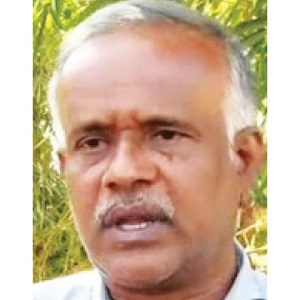
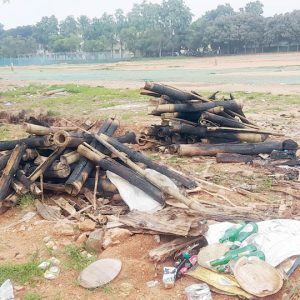
Recent Comments